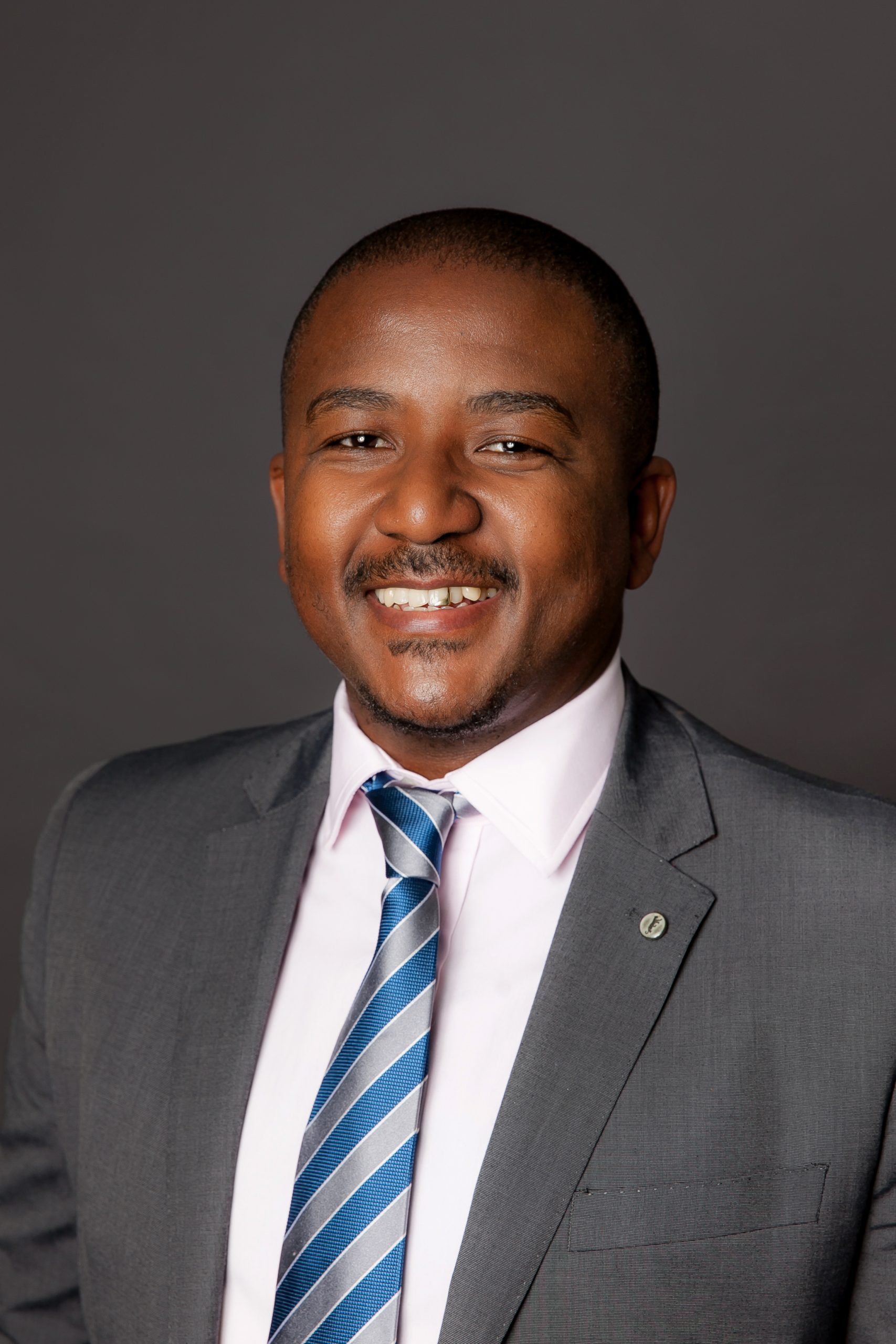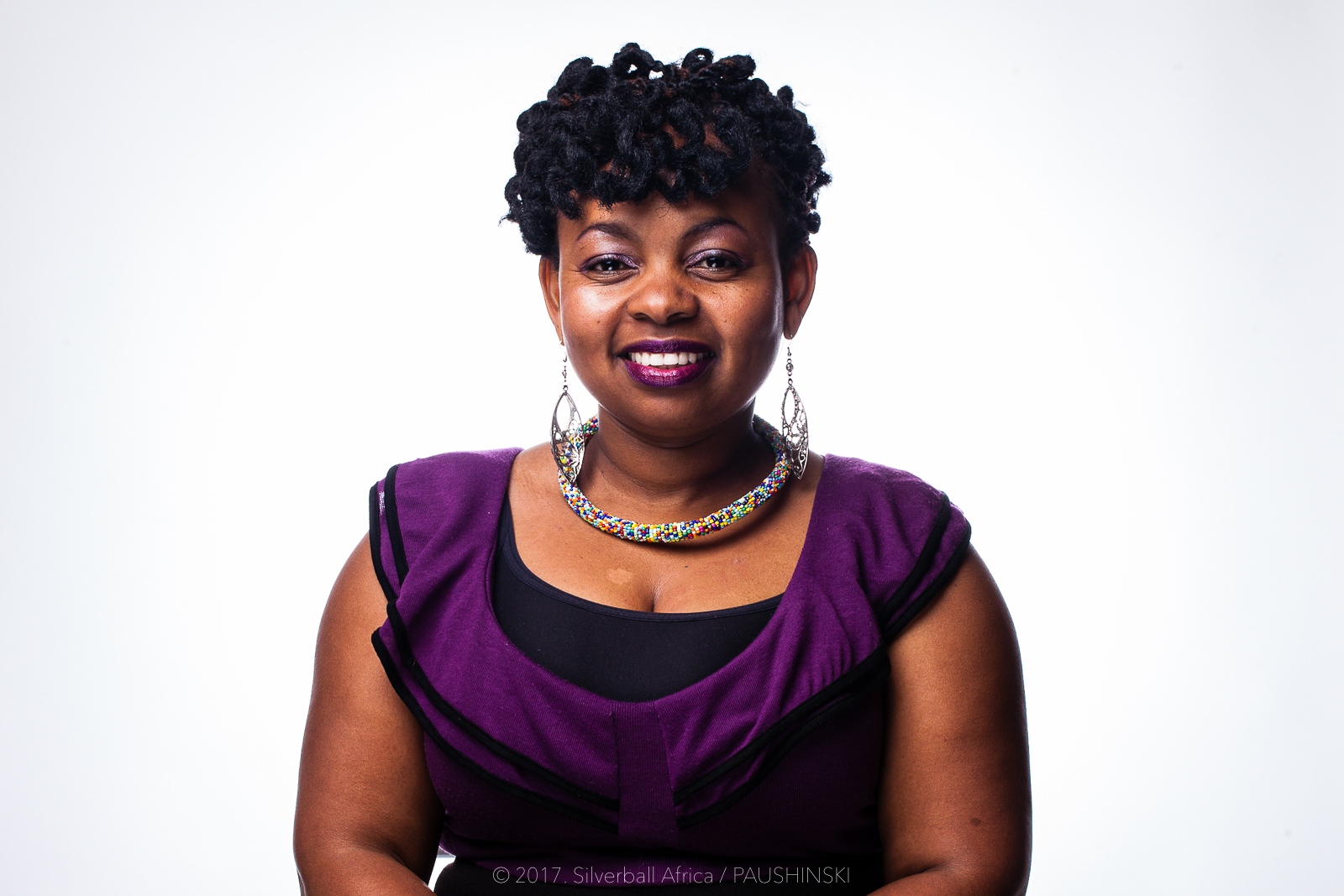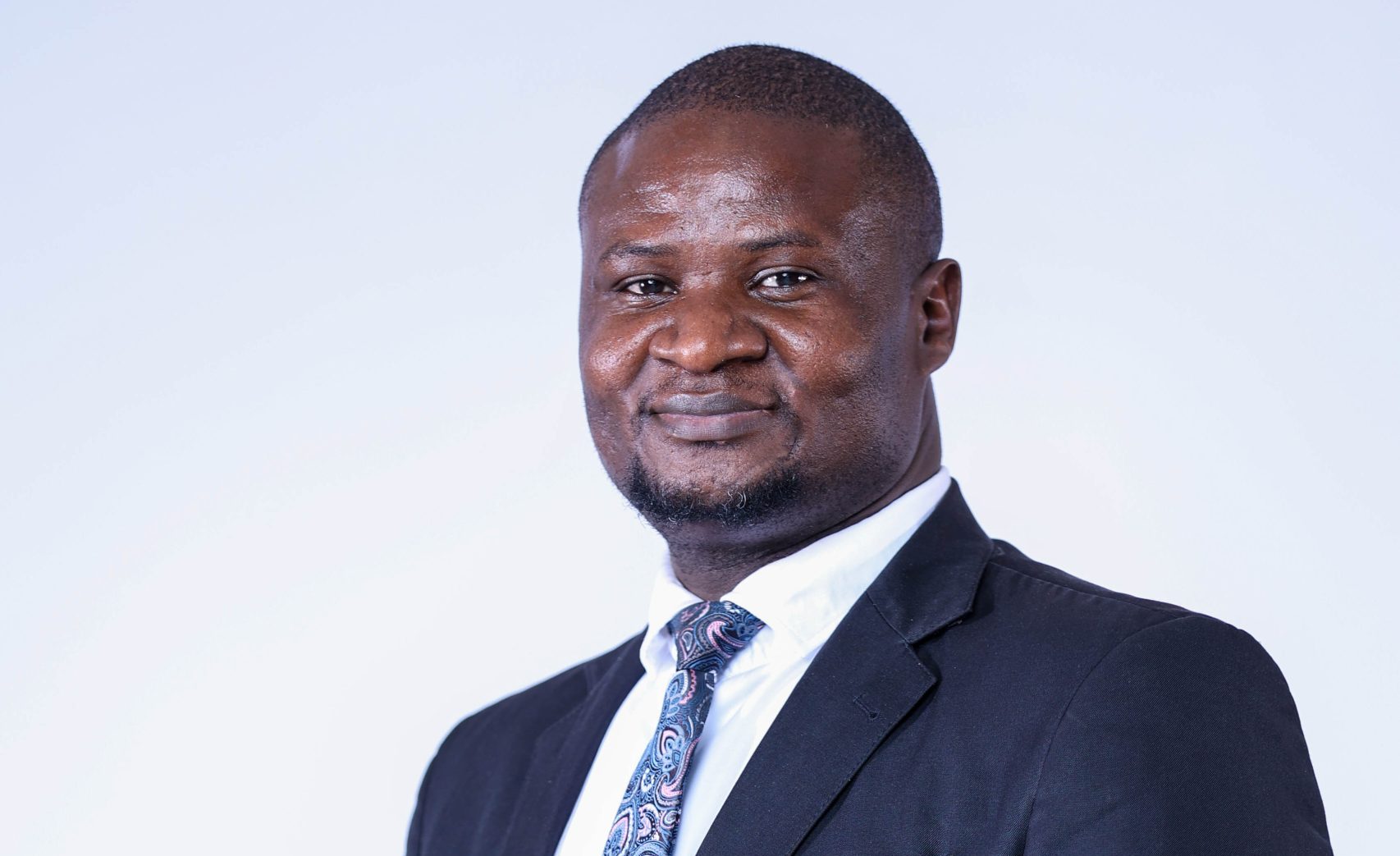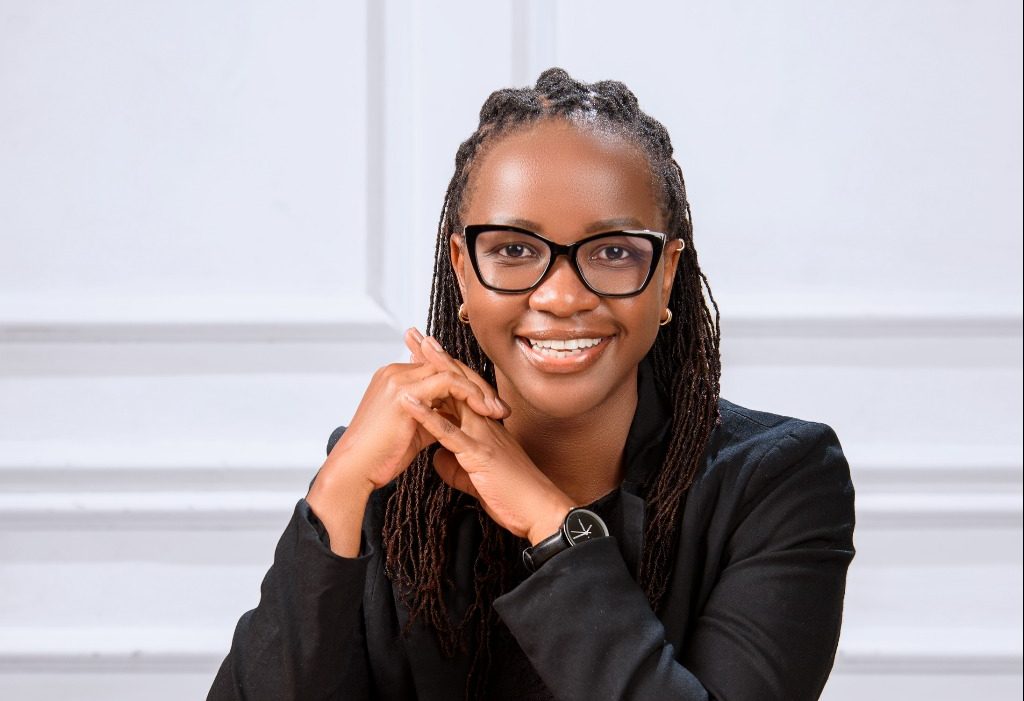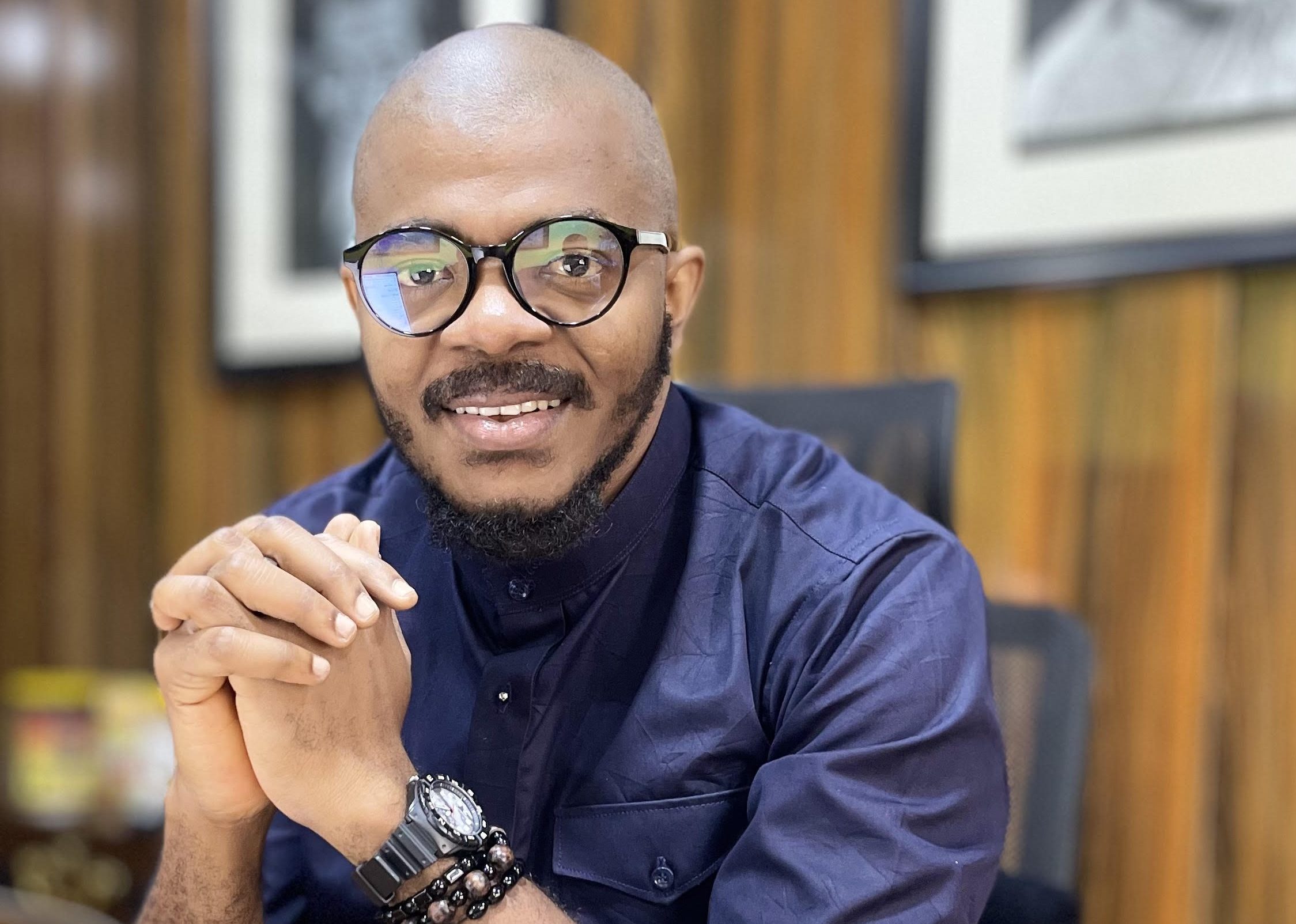Understanding the value we bring to the table will always be critical for every communications professional. Our comms spotlight, Thandukwazi Gcabashe, understands this and sheds light on how he brings value through his work as a communicator. Thandukwazi is the Director, Strategic Communications at FTI Consulting and in this interview, he shares important insights from his journey so far in the industry. PS – we love the advice he gives to upcoming professionals at the end of the interview.
Can you tell us what you do as Director Strategic Communications at FTI Consulting?
I look after the client end-to-end. I am client lead on multiple retainers and on those mandates, I am responsible for making sure that we provide sound advice that they also recommend us to their peers.
My role requires me to be the eyes and ears of my clients, understanding early on where opportunities and potential risks are, not only in their industry but also on the issues that may problematic to them.
The goal is for me to create a partnership so strong and based on trust, that when visited by crisis they call us first before anyone else.
How did you begin your journey in communications and how have you improved yourself over the years?
I guess I can blame my grandfather for christening me Thandukwazi (an isiZulu word meaning, he who likes to know, curious, or someone who yearns for knowledge).
I first fell in love with Public Relations which was introduced to me in a chapter of a Business Economics book we followed in my high school class in Grade 8 (first grade after primary school). Up until then I had wanted to be a journalist covering wars, in the continent of Africa, political or civil unrest.
When I finished at University of Johannesburg, I joined an agency whose core function was Media Buying, the agency had a small Public Relations department that serviced their clients.
It was quite a clever business model in that once the agency had bought adverts in a publication or media platform, our role as the PR department was to motivate for editorial in the same publication/platform. We used data gathered by our Strategist to know exactly where to get our audiences.
That is where the skill of a communicator was honed, coming up with strategies to endear fast moving consumer goods to the correct audiences. Along with the different colleagues, brands and journalists I have collaborated with over the years, I have learned and grown so much. I could not have done it alone.
Working, predominately in Agencies, I have had the pleasure of working in multiple sectors at once. It opens one’s horizon and allows one to be a multi-disciplined consultant and keeps one engaged without interest diminishing in what we do as communicators. So, it’s the pieces of work that I have been involved in that have improved me as a communicator.
In your opinion, what can communications professionals do to make their work valued within an organization?
Over the years I have come to realise that it is not the most hard working among us, but the one that provides solutions using the least resources that makes a difference. Using the Keep It Simple Stupid (KISS) model is key. Wherever possible, complexity should be avoided — as simplicity guarantees the greatest levels of user acceptance and interaction. Also, our role as communicators is seen and valued within an organisation when our function is afforded a C-suite chair.
Can you share some of the key lessons you have learnt from your professional journey so far?
Nothing is new under the sun. Those who buy professional services are essentially buying into your ability to drive strategically towards or away from conversations that would otherwise have not been presented to clients.
Having come from the FMCG space, where it was mainly about Average Value Equivalent (AVE) to coming up with impactful communication strategies that rely on the presentation of information for the public to make better choices. The opposite is true too. Ethics and integrity in our profession plays a huge role.
Recently, we have also witnessed how the brand image/reputation of an organisation has a direct impact on the financial performance of the company and its future projections. A good example of this was when a UK based PR firm, Bell Pottinger, took unethical work from then South African based business family, Guptas – Bell Pottinger’s reputation got tainted and were expelled from the UK PR board leading the company closing its doors.
What are some changes/ improvements you’d like to see in the communications industry in Africa?
I think we are yet to see the gift of living in the digital age. What AI will mean for the communication will deliver to us efficiencies unfathomed. I would like us as communicators take the leap and start exploring tech in more detail.
We also need to be aware of our power as communicators – respect that privilege because it is a privilege. We have seen in the past how our industry has been embroiled in controversy (as per the earlier example), where such incidents take root, we need to move swiftly and put a stop to it. We ought to remain vigilant against being used to advance certain agendas that put the entire sector into question.
Over the years, we have seen the shrinking of newsrooms and journalists moving to Corporate Communications. This has greatly strengthened our offering as communicators. More and more organisations are now able to package quality messaging and content for media houses to publish.
While this has been a positive for Corporate communications, the news gathering and journalism suffers as newsrooms lose the specialists thereby impacting on the overall quality and ability to do thorough checks and balances needed for vigorous news coverage.
What advice will you give to communications professionals who would like to follow your path?
Start with an end in mind and always remember your ‘WHY’. Take it easy, give yourself time and budget for disappointment. There will come a time when you are not sure about what you are doing. A time where you will be challenged, but remember it is in the challenges that we learn the most, about self, and gain tools to for the future.
Remain vigilant of the landscape in which you operate, because it is forever changing. Remain curious, read widely, and engage those that have walked ahead of you.
And lastly, believe in the value of your dreams. You are what you think; you become what you believe; you turn out to be what you have always been. So, love people. Use things. The opposite never works.

